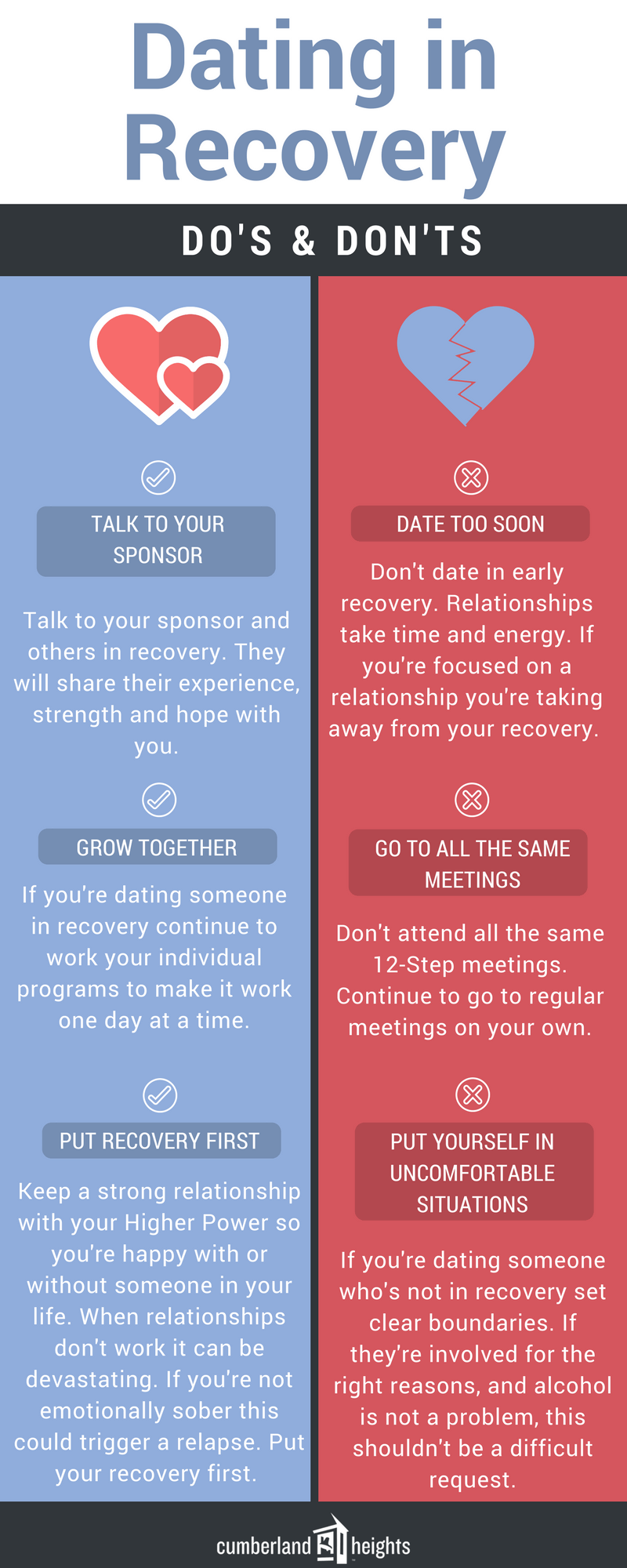This Short Article Assistance You To Understand The Inpatient Therapy Alternatives

Written by-Leslie Alston
Inpatient therapy is usually the best choice when you or a liked one needs intense like recover from a psychological health problem. But many people don't know what to expect, or just how to get aid.
Inpatient programs generally offer a mix of individual and also group therapy, medically supervised detox (if needed), and residential therapy services. The size of a stay differs.
Clinically Assisted Detoxification
Detoxification, or the procedure of removing drugs and alcohol from the body, is commonly the first step in healing. A detoxification center is a risk-free environment where health and wellness experts use medicines as well as various other techniques to assist take care of withdrawal signs and symptoms, simplicity physical reliance on the drug and also stop addiction regression.
A medically assisted detoxification (MAD) program makes use of FDA-approved drug, together with counseling and behavior modification, to deal with opioid or alcohol abuse. These drugs are made use of to eliminate the physical signs and symptoms of withdrawal, minimize cravings and assist the individual concentrate on therapy.
The first stage of detoxification is an assessment, where the doctor will take a thorough case history, check out an individual's clinical condition and also examination for any other co-occurring mental health and wellness disorders or other clinical problems that might influence their recovery.
The next phase of detox is stabilization, where the physician makes certain the individual is steady and also prepared for more treatment. This consists of evaluating for adequate biopsychosocial stability as well as facilitating link to suitable inpatient or outpatient services.
Intensive Outpatient Treatment
Intensive Outpatient Therapy (IOT) is a reliable therapy choice for individuals with milder material use conditions and co-occurring mental health conditions. It is made to establish assistance devices as well as aid patients create coping techniques.
It can likewise be a reliable means to step down from a greater degree of care, such as inpatient severe care or property treatment.
The ideal level of inpatient therapy depends on the individual's requirements, including their seriousness as well as commitment to recuperation. Inpatient treatment offers an organized environment where people can concentrate on their recuperation without diversions from outside impacts.
Inpatient treatments may need a full time commitment, as much as a number of months. This sort of therapy can be disruptive and hard for some people to accept. Because of this, lots of inpatient programs limit contact with family and friends during the first couple of days or weeks of therapy. have a peek at this website is essential to show compassion as well as understanding during this period, as it can bring about sensations of animosity or anger.
Partial Hospitalization
Partial A hospital stay is an inpatient therapy alternative that is suitable for people that have actually been identified with a mental health and wellness disorder. hop over to this site supplies extensive psychological health services, including team and private therapy, drug monitoring as well as even more, while enabling the person to return house during the night.
The best component is that it is often more economical than standard inpatient treatment choices. The majority of health insurance suppliers will cover part or every one of the expenses of this sort of care.
Compared to residential programs, the patient's day-to-day routine is not interrupted as well as he or she can remain at home to often tend to family members responsibilities while receiving treatment.
This kind of care is perfect for individuals with co-occurring psychological wellness disorders. It likewise functions well for those that are not able to dedicate to a complete inpatient program.
Continuing Care
Continuing care, also known as aftercare, is a vital part of any kind of therapy program. Men and women who have efficiently finished an extensive outpatient program or domestic dependency therapy receive follow-up assistance to keep them sober.
Adding proceeding like any kind of type of dependency treatment can raise the individual's chances of remaining abstinent for a year or more. Without this kind of treatment, a person can regression as well as go back to making use of medicines or alcohol after they have a look at of a program.
Numerous researches have checked out methods to boost involvement in proceeding treatment. These consist of agreements, prompts (e.g., letters and telephone call from therapists), as well as low-cost social supports. The most successful approaches were the ones that urged people to make a commitment to joining proceeding treatment. On top of that, connection of treatment techniques that highlighted coordination of treatment and linking the individual to sources during outpatient therapy forecasted longer involvement in proceeding treatment.

